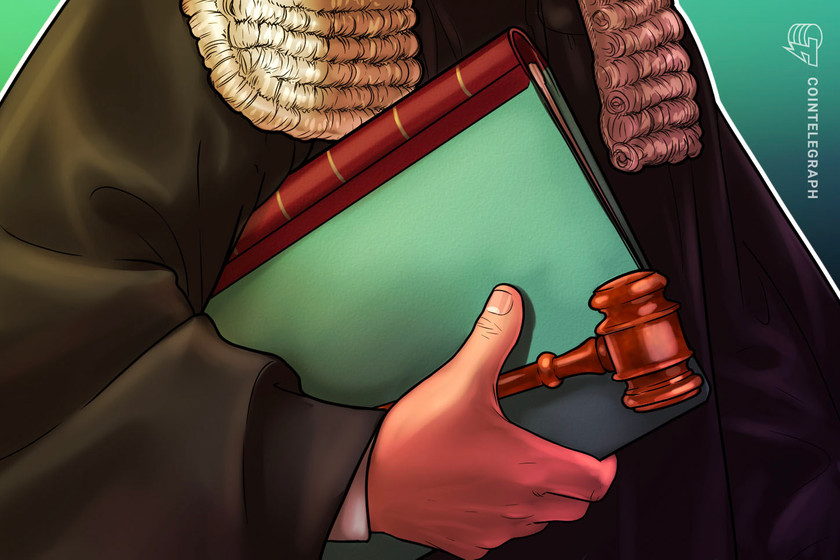Aussie regulator flagged concerns about FTX months before collapse: Report


Australia’s financial regulator raised concerns about FTX Australia not long after it began operations last March, according to documents.
Australia’s financial regulator reportedly raised concerns over FTX’s local Australian subsidiary as long as eight months before the exchange met its untimely end in November.
According to documents obtained by Guardian Australia, the Australian Securities and Investments Commission (ASIC) was concerned about the way that FTX Australia was operating after it was able to obtain a license in the country through a company takeover.
According to a previous report from Cointelegraph, FTX acquired its Australian financial services license (AFSL) by taking over financial institution IFS Markets in December 2021, before opening up for business a few months later in March.
This is allowed FTX Australia to effectively sidestep the same level of scrutiny that is usually applied to new AFSL licensees, according to its ASIC Chairman Joe Longo.
According to the newly obtained documents, the regulator issued a Section 912C notice to FTX the same month it began operating, requiring the crypto exchange to provide information about its operations for ASIC to assess if it met AFSL license conditions.
With the notice, ASIC can direct the licensee to provide documents specifying what financial services it provides and the financial services business it carries on, to determine if the licensee satisfies the “fit and proper person test.”
A briefing document obtained by the Guardian also confirmed that in the months between ASIC’s initial concerns and FTX collapsing on Nov. 11, the regulator put the exchange under “surveillance activity” and issued a total of three notices to it.
The document schedule also reveals that the regulator was still concerned about FTX’s operations as late as October.
Cointelegraph reached out to ASIC for a comment but did not receive a response before publication.
Related: ASIC fires industry warning shot as it sues BPS Financial over crypto promo
FTX Australia was one of more than 130 FTX-linked companies that halted operations after its parent company FTX went into bankruptcy proceedings on Nov. 11,.
The Australian subsidiary of FTX had its financial license suspended on Nov. 16and has gone into voluntary administration, which is similar to a Chapter 11 bankruptcy in the United States.
It’s estimated around 30,000 Australian customers and 132 companies are owed money or crypto from the exchange.



